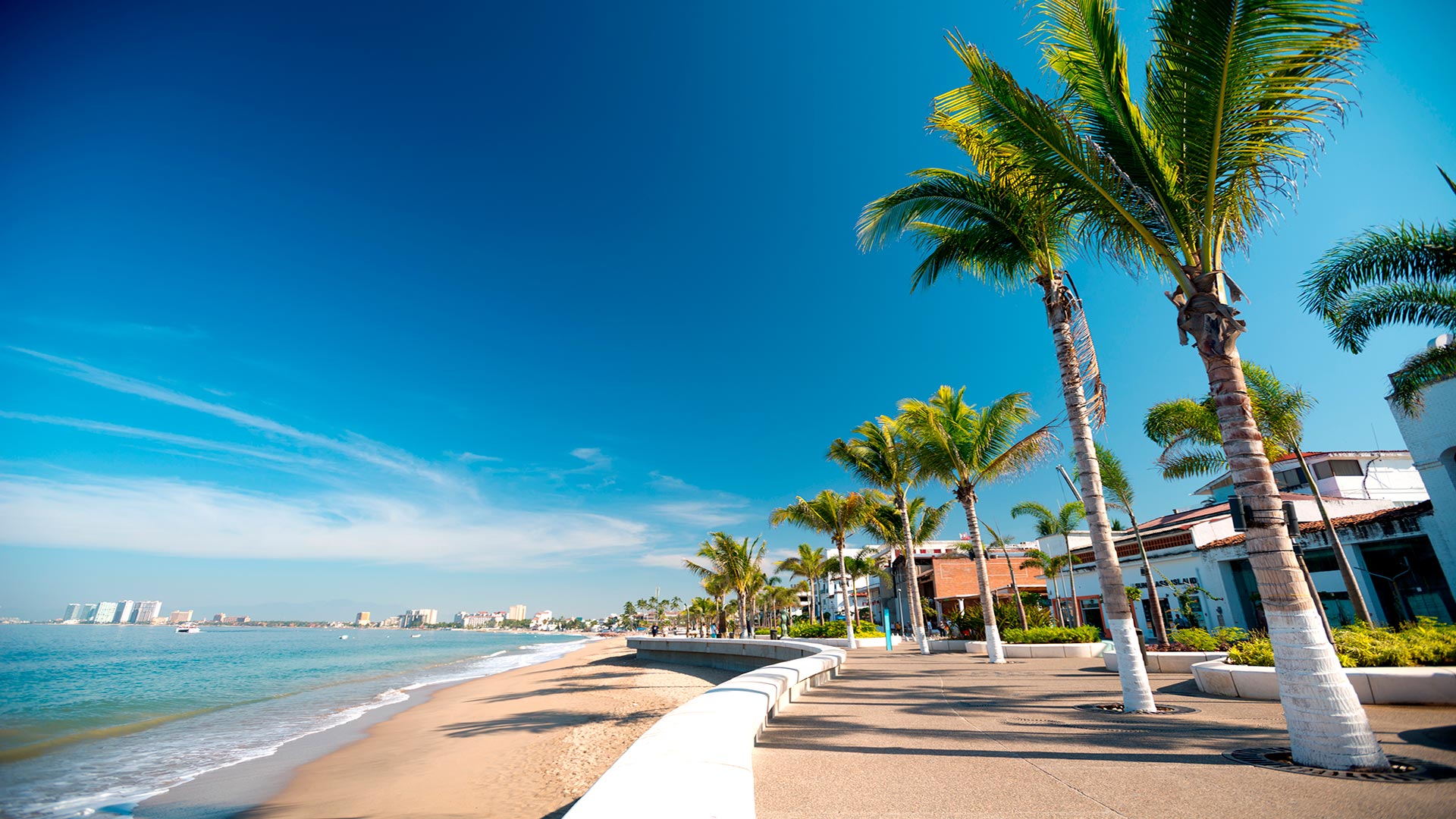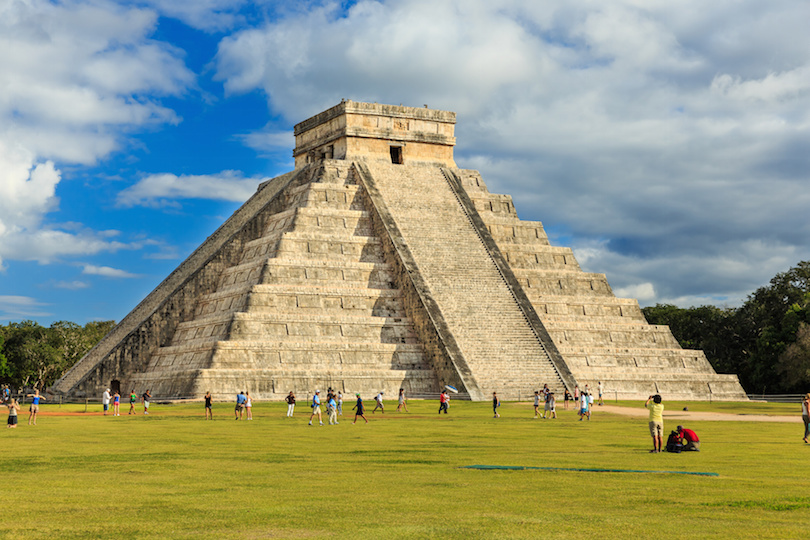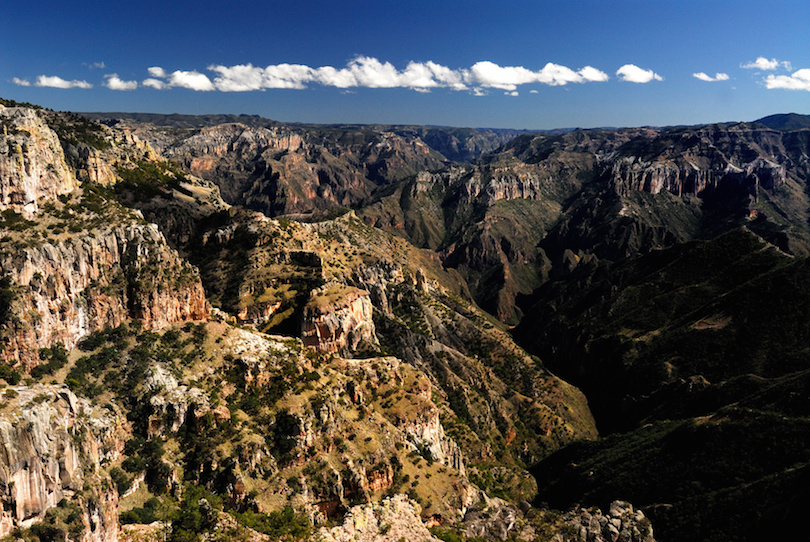RIO DE JANEIRO, BRAZIL – Mexico remains open to U.S. travelers this winter. While the U.S.-Mexico land border continues to be closed to non-essential travel, air travel between the two countries resumed months ago, and airlines have since been ramping up their schedules to offer more flights to the country’s most popular tourist areas, including the Mexican Caribbean, Los Cabos, and Riviera Nayarit.
Americans will still need a passport to travel to Mexico but do not require a negative COVID-19 test result to gain entry. Read on for the latest advisories, restrictions and requirements for travel to Mexico in the time of COVID-19 as well as what the destination and travel suppliers are doing to keep visitors safe.

State Department and CDC Advice
The U.S. State Department has listed Mexico at a Level 3 on its travel advisory scale, encouraging Americans to reconsider travel to the country due to the current threat of COVID-19 and exercise increased caution due to potential crime and kidnapping. However, the State Department notes that there are currently no restrictions on travel for U.S. government employees in tourist areas such as Cabo San Lucas, Cancún, Mexico City and Puerto Vallarta, among others.
Meanwhile, the Centers for Disease Control and Prevention (CDC) has issued a Level 4 Travel Health Notice for Mexico due to the ongoing pandemic. The notice advises against travel to Mexico but recommends those who do visit get tested one to three days before departure, wear a mask, social distance and wash their hands frequently during travel and undergo additional testing upon their return.
Enhanced Health and Safety Protocols
Travelers to Mexico should anticipate enhanced health and safety protocols from the time they step off of the plane, including face mask requirements, social distancing markers, temperature screenings and hand sanitizing stations. These elevated measures will be omnipresent throughout the trip, with hotels and resorts screening guests for COVID-19 symptoms such as fever and sanitizing their luggage on arrival.
In addition to frequent cleaning and capacity limits, many properties are offering contactless features such as mobile room keys and paperless check-in and receipts. Seating areas at beaches, pools and restaurants will also be spaced out to allow for social distancing with QR codes replacing physical menus in many cases.

Safe Travels Certification
The World Travel & Tourism Council (WTTC) developed the “Safe Travels” global travel safety program in response to the COVID-19 pandemic last year, recognizing destinations and travel companies that have successfully implemented hygiene, sanitation and prevention measures that meet its standards for safety. Most of Mexico’s most popular tourist destinations, including Los Cabos, Puerto Vallarta, Riviera Nayarit, Cancún, Playa del Carmen, Riviera Maya and the Yucatan, have received the coveted WTTC Safe Travels certification as have many of the leading hotel and resort operators in the region.
Widespread COVID-19 Testing
With the CDC requiring U.S.-bound air travelers to provide proof of a negative COVID-19 test result within 72 hours of departure beginning January 26, 2021, leading hotel and resort brands across Mexico are rolling out on-site and, in many cases, free COVID-19 antigen testing so that guests can receive rapid results ahead of their return trip home.
In some cases, resorts will even pay for or offer a discounted rate for guests who need to quarantine in the event of a positive result. Approximately 80 percent of hotels in Riviera Maya will provide free antigen tests for international tourists while Los Cabos is implementing a COVID-19 testing program that will provide on-site antigen testing at all hotels, villas and timeshares at a low to no cost and guide guests to local hospitals and lab facilities for any necessary PCR testing.
Los Cabos International Airport will also offer a testing station and Baja California Sur health authorities will issue medical certification for passengers prior to boarding their flight.
What Travelers Are Saying
Since Mexico has been open to leisure travel for several months, the word is out that the destination can be experienced safely amid the pandemic so long as guests follow CDC guidance and adhere to the protocols established by their accommodation providers. “I felt safer there than I would at a Target or market in Los Angeles,” 36-year-old Ashley Lewis, who has traveled to Mexico three times since March, told ABC News. “The resorts were secluded, they weren’t selling the hotels to 100 percent capacity, and everyone was wearing masks and abiding by the rules. So much in those areas are dependent on tourism, and you could tell they were working incredibly hard to make the guests feel safe.”

“We can tell you that if you were planning on getting away, especially after being trapped in your home for several months, now’s the time to go,” Paul Smith of the New Jersey-based TravelSmiths luxury travel agency wrote after visiting last year.
Travel Deals Are Everywhere
There are countless deals to be had on travel to Mexico right now, with many highly-rated all-inclusive hotels and resorts offering not only major savings on nightly rates but additional perks such as complimentary activities and hundreds of dollars in resort credit. Guests can also book with added peace of mind and flexibility as many brands are allowing free cancellation up to 24 hours before check-in.

